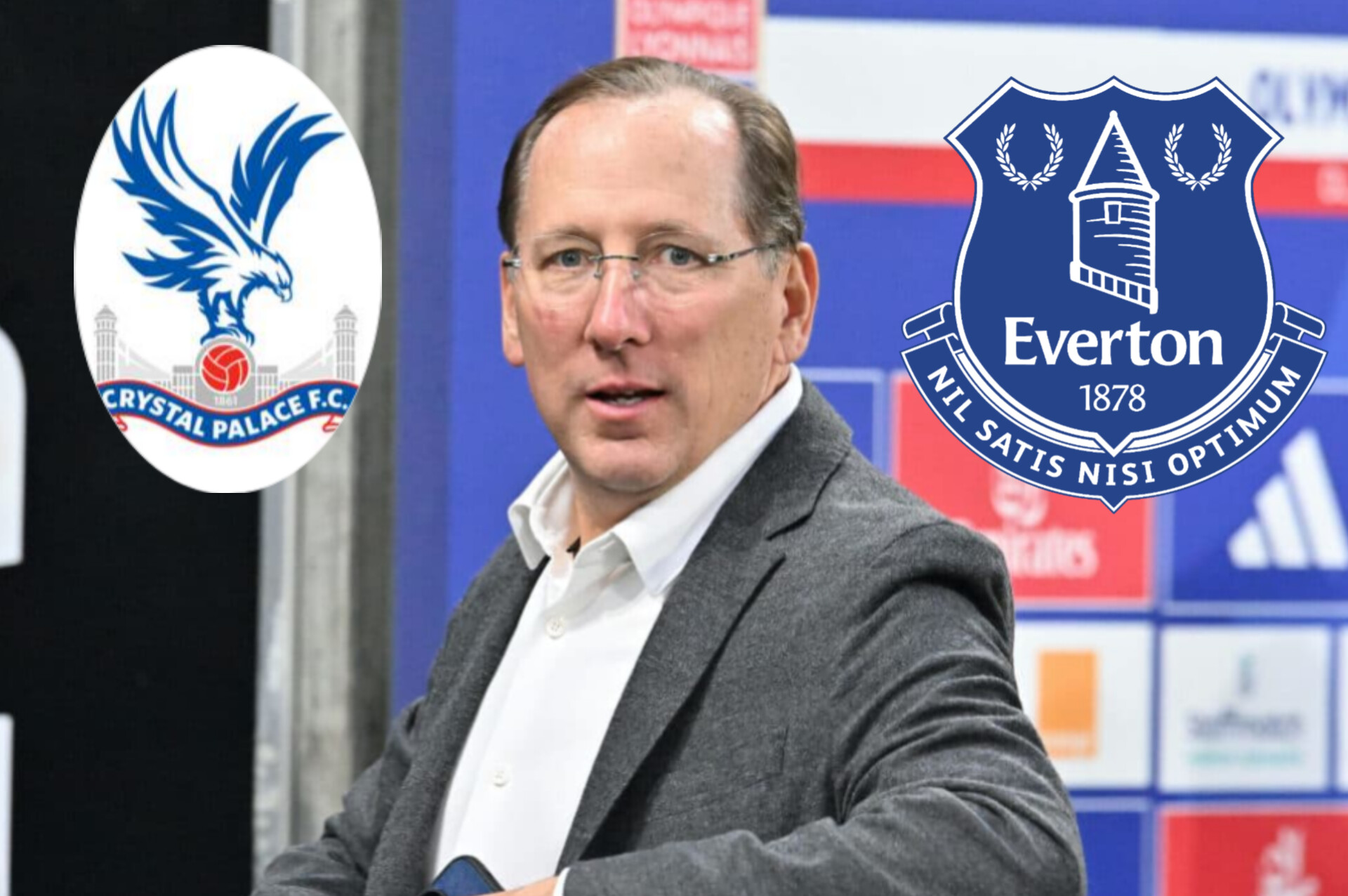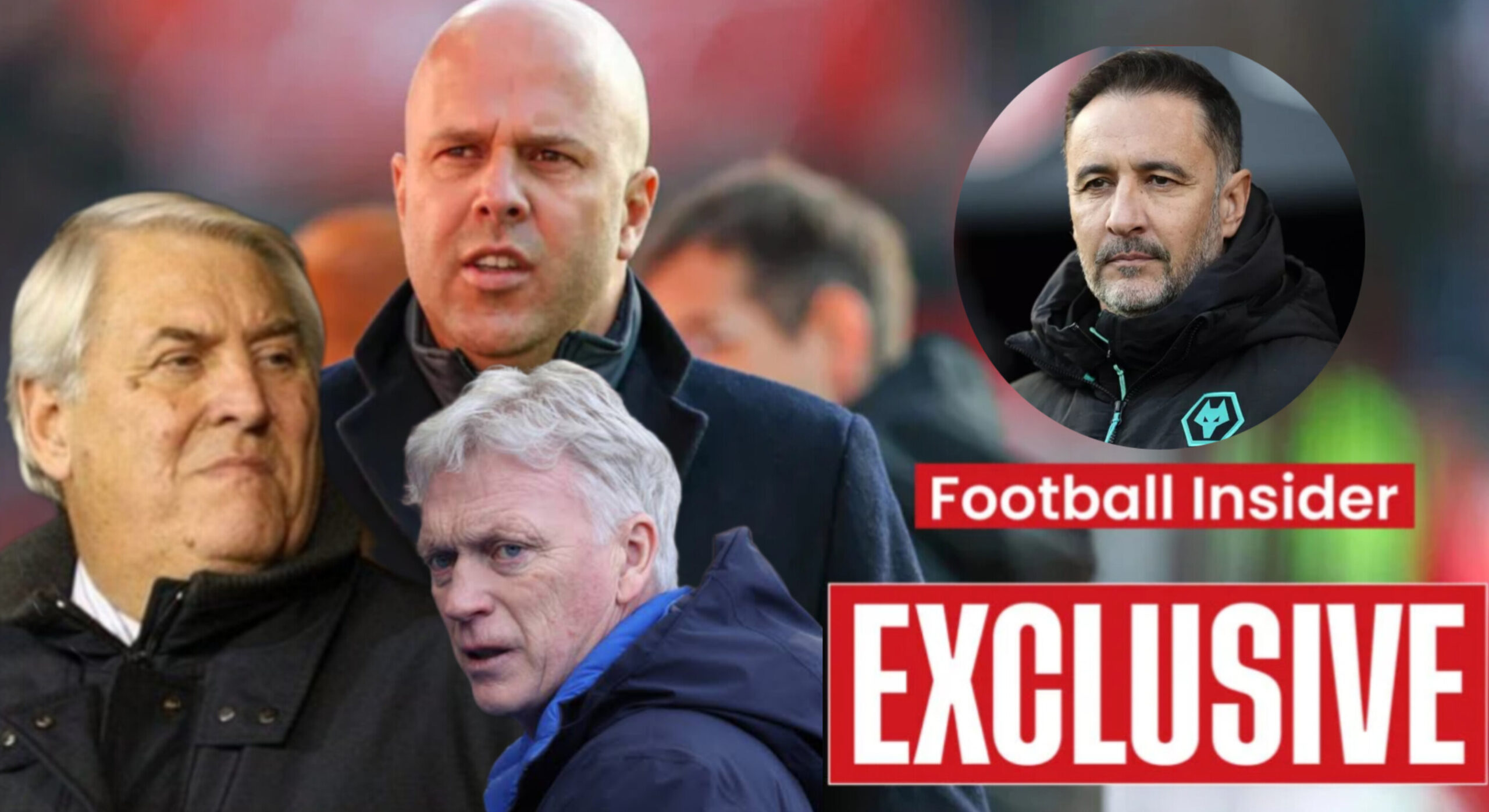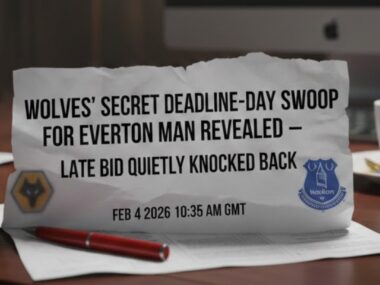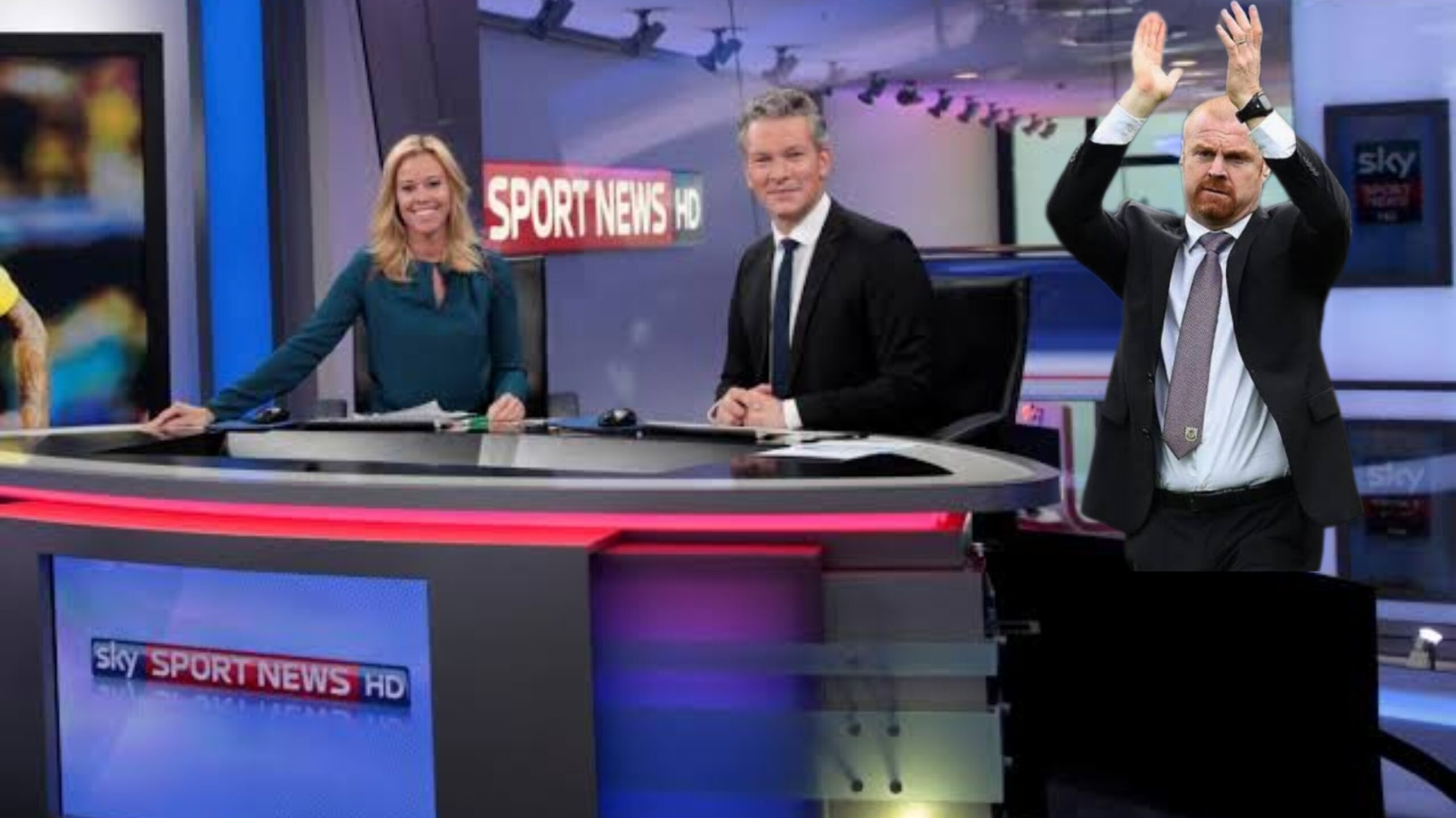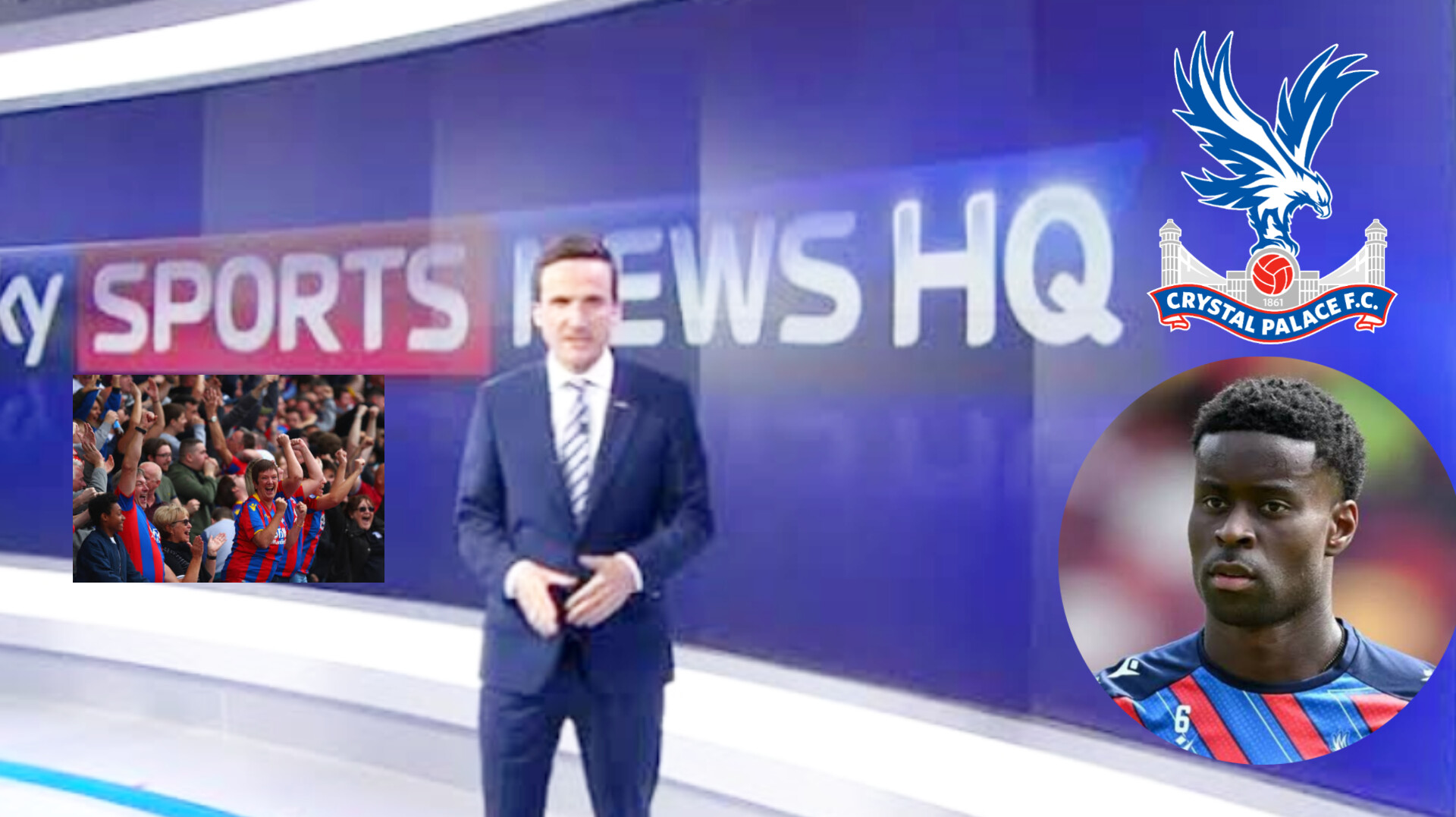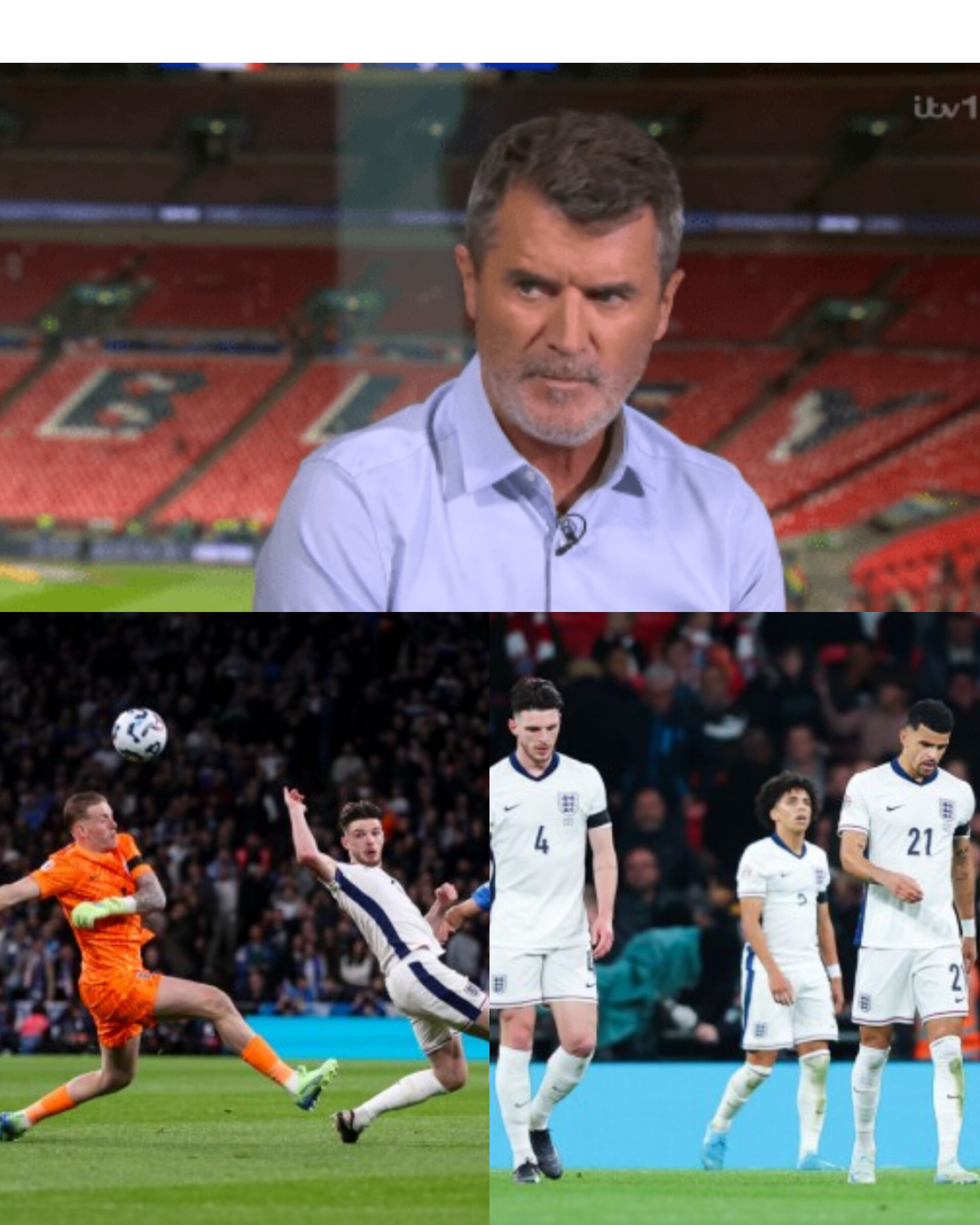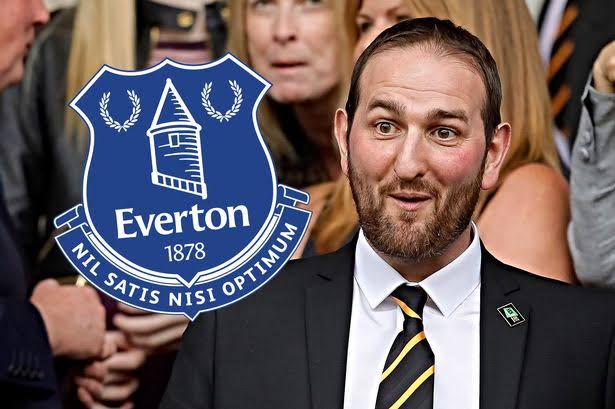John Textor’s Strategic Maneuvers in English Football: A Paradigm Shift from Crystal Palace to Everton
In a dramatic turn of events that has captured the attention of the football world, American businessman John Textor is orchestrating a significant realignment of his interests in English football. This bold move involves divesting his substantial 45 percent stake in Crystal Palace while simultaneously pursuing a major acquisition of Everton Football Club. This strategic pivot not only showcases Textor’s ambitious vision but also signals a potential reshaping of the landscape in English football ownership.
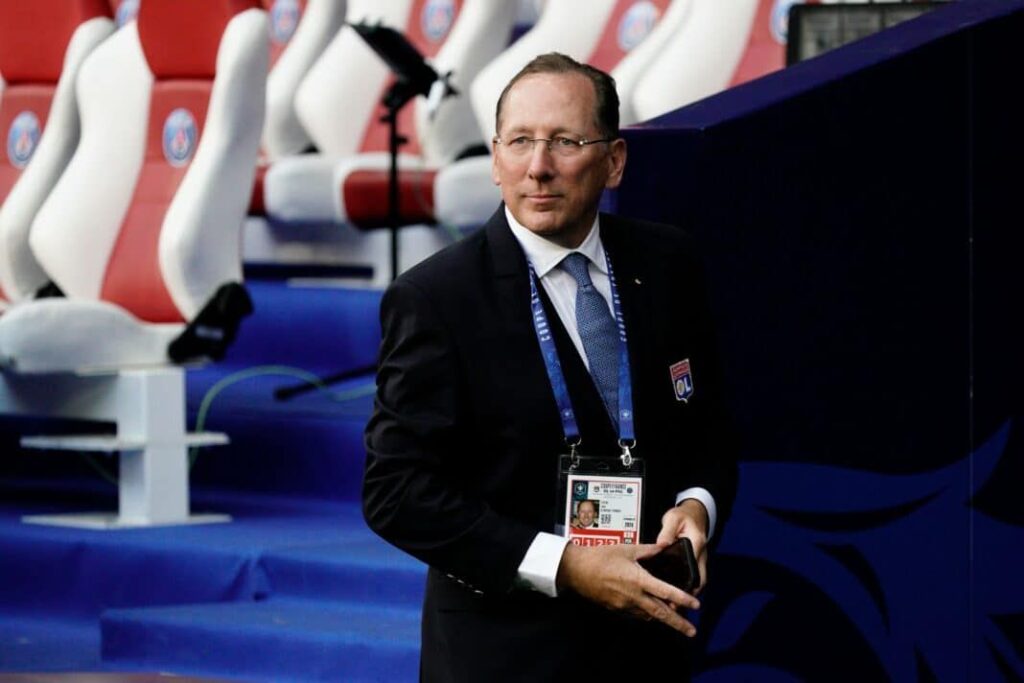
The Accelerated Crystal Palace Divestment
According to exclusive reports from The Daily Mail, Textor has set in motion an expedited process to sell his shares in Crystal Palace. This decision, communicated directly to sources close to the businessman, underscores the urgency and intentionality behind Textor’s broader strategic objectives. The establishment of a soft deadline in late September for interested parties to express their intent to purchase serves as a clear indicator of Textor’s desire to swiftly conclude this chapter of his football investments.
This accelerated timeline is not merely about financial divestment; it represents a calculated maneuver in Textor’s larger chess game within the football industry. The Daily Mail aptly characterizes this move as Textor’s “swoop for Everton” entering a “crucial stage,” highlighting the interconnected nature of his Crystal Palace sale and Everton acquisition strategies.
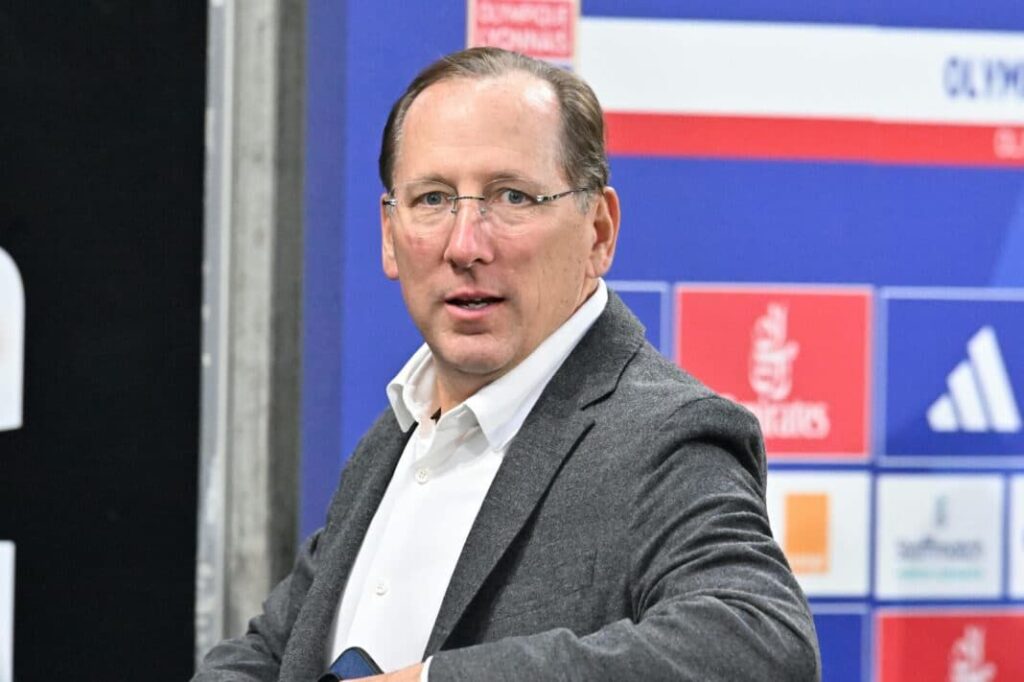
Everton: The New Focus of Textor’s Ambitions
As Textor pivots his attention towards Everton, a club steeped in rich history and supported by a fervent fan base, the complexities and potential implications of this deal come into sharper focus. The possibility of acquiring a controlling stake from current majority shareholder Farhad Moshiri has seemingly catalyzed a more aggressive approach from Textor, both in terms of the bidding process and the overall transaction timeline.
This shift towards Everton represents more than just a change in investment targets; it signifies Textor’s aspiration to align himself with a club that carries significant historical and cultural weight within English football. The involvement of Aliya Capital Partners in backing Textor’s bid for Moshiri’s 94.1 percent stake in Everton, as reported by The Daily Mail, further underscores the financial clout and serious intent behind this move.
Ripple Effects on Crystal Palace and Everton
The impending sale of Textor’s Crystal Palace stake has garnered substantial interest, with approximately 14 parties reportedly showing interest and a subset of these beginning thorough due diligence processes. This level of attention reflects both the value of the stake and the perceived potential of Crystal Palace as a Premier League asset.
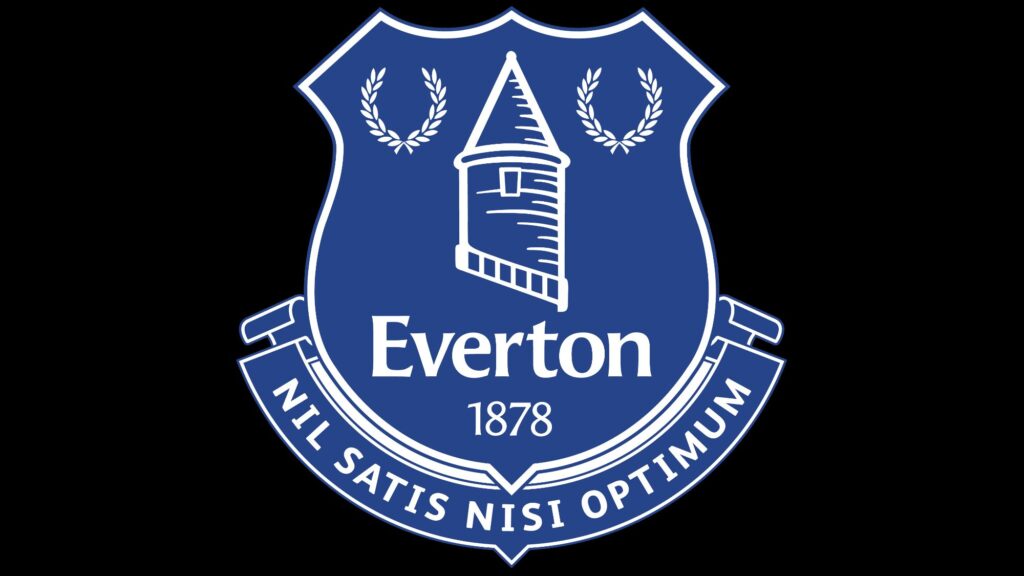
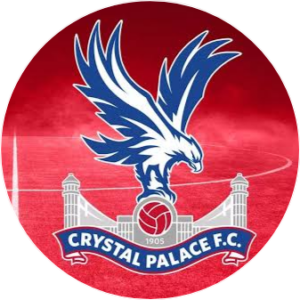
Concurrently, at Everton, the ongoing discussions and Textor’s strategic positioning have the potential to usher in a new era of enthusiasm and resources. Everton’s public acknowledgment of “positive conversations” with Textor, while hinting at the complexities still to be navigated, suggests a cautious optimism about the potential change in ownership.
The Broader Implications for Football Ownership
Textor’s maneuvering between Crystal Palace and Everton serves as a compelling case study in the intersection of business acumen and sporting passion. It highlights the intricate balance required in managing football clubs as both cultural institutions and business entities. The outcomes of these ownership transitions are likely to have far-reaching effects, not just for the clubs directly involved but potentially reshaping perceptions and strategies of football club ownership more broadly.
EPL Index Analysis: A New Dawn for Everton?
For Everton supporters, Textor’s potential takeover represents more than just a change in ownership; it symbolizes hope for a brighter future. Given Everton’s recent challenges both on and off the pitch, Textor’s business acumen and financial resources could provide the catalyst needed for a significant turnaround.
Textor’s track record suggests a propensity for decisive action and strategic investment, qualities that could prove instrumental in revitalizing Everton’s competitive standing and financial health. If he can successfully translate his business approach to the football arena, as evidenced by his strategic moves with Crystal Palace, Everton could be on the cusp of a transformative period.
This potential shift in ownership transcends mere boardroom changes; it could mark the beginning of a new chapter in Everton’s storied history. For a fan base yearning for success and stability, Textor’s involvement offers the tantalizing prospect of renewed ambition and the resources to compete at the highest levels of English and European football.
As this situation continues to unfold, all eyes will be on how Textor navigates the complexities of football club ownership and whether his vision for Everton can translate into tangible success on and off the pitch. The coming months could prove pivotal not just for Everton and Crystal Palace, but potentially for the broader landscape of football club ownership in England.
